Understanding the complexities of the insurance market can feel like solving a riddle. You might have heard terms like ‘soft market’ and ‘hard market’ as a consumer. But what do these terms mean, and how do they directly impact your insurance policies? This blog aims to break down the ‘hard market’ concept, its implications, and the steps you can take to safeguard your interests.
Understanding the Market Cycles:
Insurance market cycles are a normal part of the industry’s functioning. While the ‘hard market’ challenges consumers, it’s important to remember that it’s a phase that will eventually shift into a ‘soft market’, characterized by lower premiums and more coverage availability.
The ‘Hard Market’ Explained:
The insurance industry operates in cycles of ‘soft’ and ‘hard’ markets. These terms denote the state of the industry based on factors such as competition, pricing, and policy terms.
A ‘hard market’ is when insurance coverage becomes more expensive, and insurers’ underwriting standards are tighter. This market hardening occurs when the demand for insurance surpasses the supply. It’s driven by increased losses, lower investment returns for insurers, regulatory intervention, or even significant global events like natural disasters or pandemics.
Impact on Insurance Policies:
For you, as an insurance consumer, a hard market can have direct and noticeable effects. Here are some of the key ways it might impact your insurance policies:
- Higher Premiums: In a hard market, insurance premiums typically rise. As insurers aim to cover potential risk costs and generate profit, they pass on the expense to policyholders.
- Tighter Underwriting Standards: Insurers become more selective about who they insure. The criteria for policy approval become more stringent, making it harder to get coverage, especially for high-risk consumers.
- Reduced Coverage: Insurers might limit the scope of coverage to mitigate risks. You might find certain risks or things are no longer covered in your existing policies.
- Non-renewal of Policies: In extreme cases, insurers may choose not to renew specific policies that are deemed too risky.
Strategies to Navigate the Hard Market:
Navigating the hard market can be challenging but possible. Here are some strategies to minimize the impact:
- Risk Management: Effective risk management is crucial. For businesses, this can mean implementing safety protocols to reduce workplace injuries or investing in cybersecurity measures. For individuals, it could be as simple as installing a home security system or maintaining a clean driving record.
- Insurance Review: Regularly review your insurance policies. Look for coverage you may not need or areas where you can increase your deductibles to reduce premiums.
- Insurance Broker: Working with an experienced insurance broker can be beneficial. They can navigate the market, negotiate on your behalf, and help you find the best policy for your needs.
While a hard market can make insurance seem more daunting, staying informed, proactive, and strategic about your insurance policies is important. You can navigate this phase effectively by understanding market trends, refining risk management, and maintaining regular reviews. Remember, insurance is about safeguarding your future—knowledge and strategic planning are your best tools for weathering any market storm.

